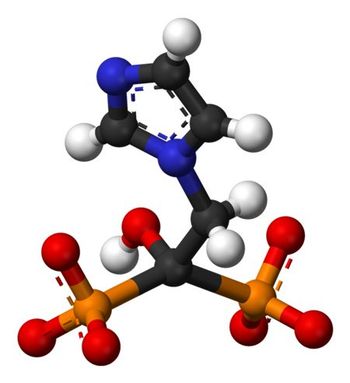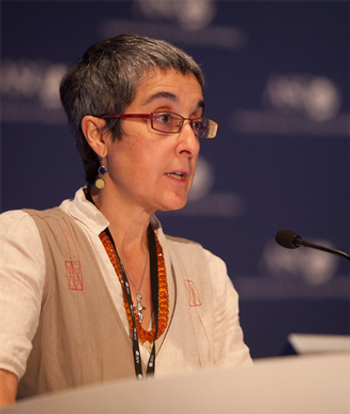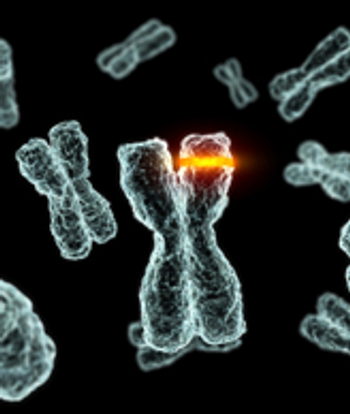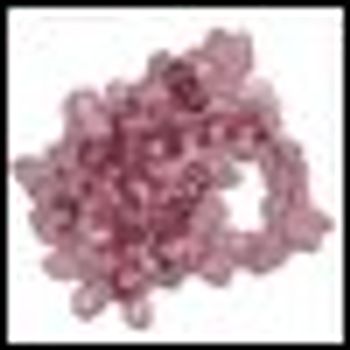
After surgery, adjuvant therapy with trastuzumab alone works just as well as trastuzumab combined with lapatinib for women with early-stage HER2-positive breast cancer.

Your AI-Trained Oncology Knowledge Connection!


After surgery, adjuvant therapy with trastuzumab alone works just as well as trastuzumab combined with lapatinib for women with early-stage HER2-positive breast cancer.

Zoledronic acid given every 12 weeks was just as efficacious as the drug administered at the standard dosing schedule of every 4 weeks for breast cancer patients with bone metastases.

Metastatic breast cancer patients with insulin resistance have a significantly worse prognosis, according to the results of a study presented at the 2014 ASCO Annual Meeting.

The combined analysis of two phase III clinical trials shows that exemestane, an aromatase inhibitor, may better prevent breast cancer recurrence in women with early-stage hormone receptor–positive breast cancer, as compared with tamoxifen.

A follow-up analysis of gene expression signatures from the CALGB 40601 trial shows that certain HER2-positive early-stage breast cancer patients may not benefit from more aggressive chemotherapy treatments as part of a neoadjuvant regimen, and that patients with HER2-enriched tumors responded best to dual anti-HER2 treatment.

An analysis of early-stage breast cancer shows that obesity raises the risk of dying from breast cancer for pre-menopausal women diagnosed with ER-positive disease.

Ahead of the ASCO 2013 meeting we discuss neoadjuvant therapy options and clinical trials in breast cancer, as well as the opportunities for targeted therapies in post-neoadjuvant trials.

While overall mastectomy rates have dropped in recent years, more and more women with cancer in one breast are opting to have both breasts removed. The trend has left many researchers questioning whether contralateral prophylactic mastectomy (CPM) is getting overused, or if it simply reflects a better recognition by both patients and physicians of who is likely to develop breast cancer.

Triple-negative breast cancer (TNBC) continues to carry a poor prognosis. However, novel prognostic and potentially predictive biomarkers may soon improve that bleak outlook, according to a series of studies presented on Saturday at the American Society of Clinical Oncology (ASCO) Annual Meeting in Chicago.

Live coverage of the ASCO session on PARP inhibitors and DNA repair, with speakers Michael Kastan, Judy Garber, and Elisabeth Plummer.

David Mankoff speaks on new developments in imaging and recommends ASCO sessions on imaging clinical trials.